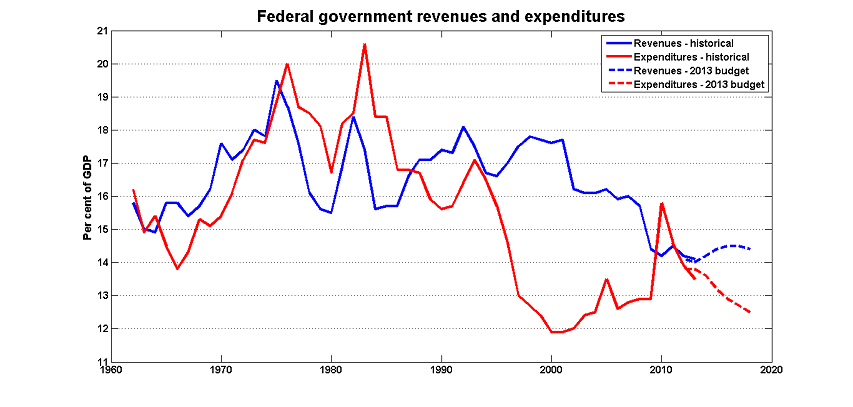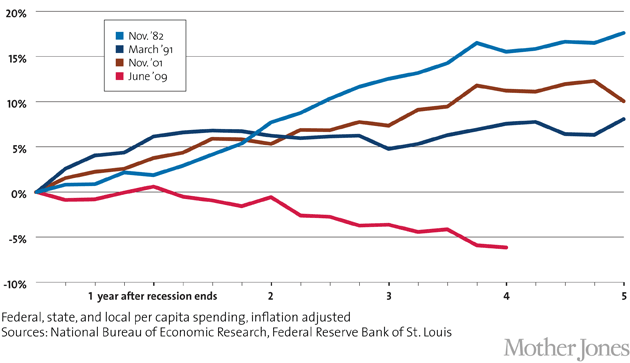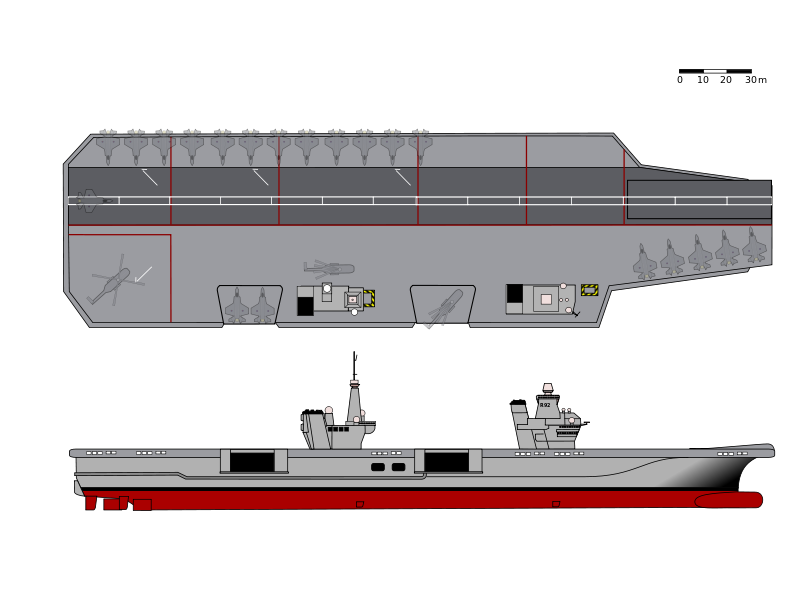Spain has decommissioned 18 ships over the past six years, including the aircraft carrier Príncipe de Asturias:
Despite increased budgets and investment in certain weapon developments, the Spanish Ministry of Defence states that their overall budget has depleted by 32% since the start of the financial crisis, with 8.4 billion in the kitty in 2008, dropping to a mere 5.75 billion planned for 2014.
As a result, the Ministry says that it has no choice but to reduce costs, thus resulting in a significant reduction in high profile military elements, like the decommissioning of 18 naval ships in the past 6 years.
One of the most iconic ships to be withdrawn last year was the aircraft carrier Príncipe de Asturias, decommissioned after 25 years of service, considered a somewhat tragic sight when she arrived at the Arsenal Militar de Ferrol for final discharge from service. But as the last Captain of the vessel, Alfredo Rodríguez Fariñas, explained, modernization and maintenance of the ‘Prince of Asturias’ cost the MoD a hundred million per year.
Part of the strategy is the withdrawal of these costly and purpose built ships, in favour of more modern craft that meets the needs to the Navy’s international mission, such as the activities in the Indian Ocean where the frigate Álvaro de Bazán and maritime action ship Tornado are currently patrolling, and the ship Cantabria, currently in the sea off the Australian coast.

Spanish navy's Juan Carlos and Príncipe de Asturias








